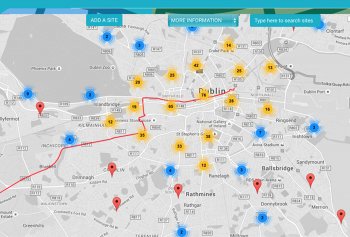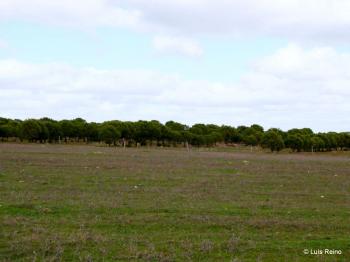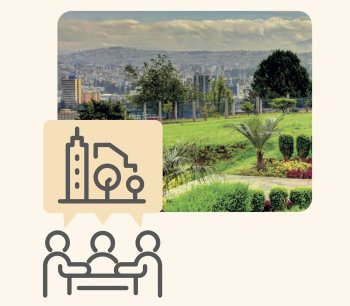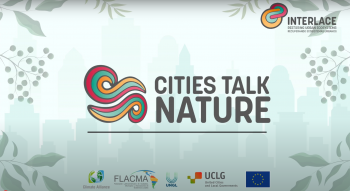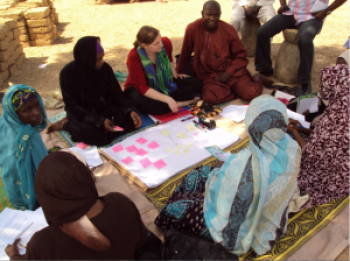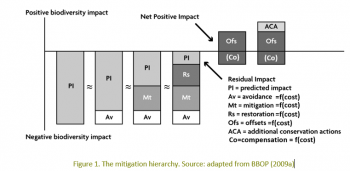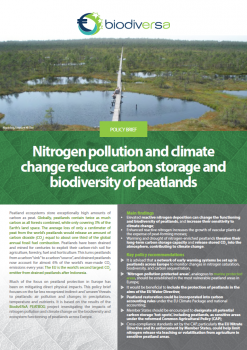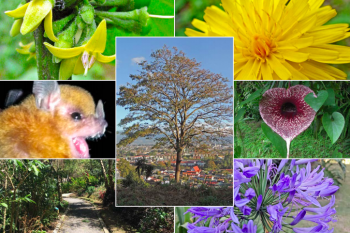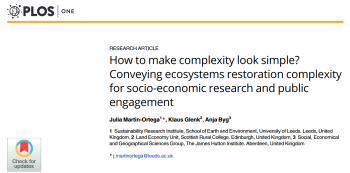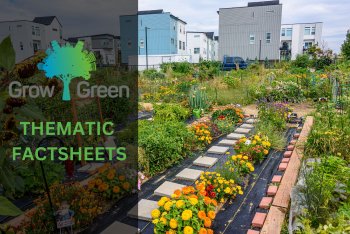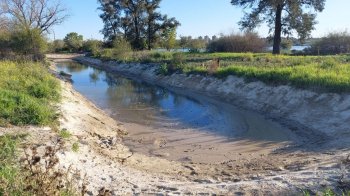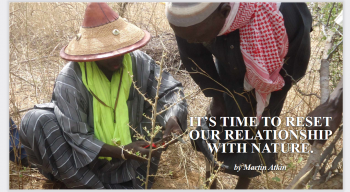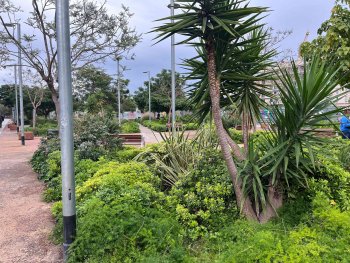Marketplace
Stated preference valuation
A family of techniques which use individual respondents statements about their preferences to estimate change in utility associated with a proposed increase in quality or quantity of an ecosystem service or bundle of services. Respondents are presented with one or more hypothetical policy or
COMDEKS
In the long-term, the COMDEKS Country Programme Landscape Strategy for Slovakia aims to increase the resilience of target natural ecosystems and human production systems through partnership-based community activities which promote eco-system functions and increase landscape diversity.
mulino Decision Support System tool (mDSS)
The mDSS software is a generic indicator-based Decision Support System (DSS) developed to assist decision makers in the participatory management of environmental problems by applying several Multi-Criteria Analysis Methods and Group Decision Making. Specifically, it supports Decision/Policy Makers
Space Engagers
Methodology (including online tool) for opening up underused real estate assets in the urban core to local ideas and engagement.
Urban GreenUp info-pack: New strategy for Renaturing Cities through Nature Based Solutions
This guide presents an integrated methodology for the development of Renaturing Urban Plans (RUP). The goal is to help cities worldwide to increase environmental sustainability and to address climate, social and economic challenges via the local implementation of Nature-based solutions (NBSs).
EDGES - Ecologically Scaled Edge Responses: Patterns, Mechanisms and Predictive Modelling
Edge effects are among the key processes affecting biological populations and communities in fragmented landscapes, mediating landscape-scale patterns in species richness and abundance. This has been the subject of intense research over the past decades, demonstrating that edge-responses are
Urban Nature Gateway
A catalogue of tools and resources designed to help tackle some of the most pressing shared challenges around urban nature-based solutions (NbS). It provides practical insights and resources for addressing six key challenge areas: NbS assessment; co-governance; citizen engagement; inclusion and
Climate crisis, cities, and health
More than ever, the climate crisis is becoming a health crisis. An estimated 5 million people globally die each year because of suboptimal temperatures,1 with a large proportion of heat-related mortality (37%) attributable to human-induced climate change.2 Cities have an important role in climate
CITIES TALK NATURE Webinars
CITIES TALK NATURE is a community of practice dedicated to restoring degraded ecosystems in municipalities in Latin America, Europe and other parts of the world. It explores the multiple advantages of restorative nature-based solutions and fosters exchange between cities. As part of the events, a
Transdisciplinarity and Knowledge Co-Production
CoKnow Consulting is building capacity for inter- and transdisciplinary processes and supports you and your stakeholders to co-produce knowledge and co-design solutions for sustainability. Together we co-develop the right approaches, e.g.: • Design inter- and transdisciplinary processes tailored
Method Factsheet - Revised Universal Soil Loss Equation (RULSE)
The Revised Universal Soil Loss Equation (RUSLE) is an empirical erosion model recognised as a standard method to calculate the average risk of erosion on arable land. It developed from the Universal Soil Loss Equation (USLE) developed in the US Department of Agriculture and has other similar
Hedonic property pricing
Mitigation cost-based valuation methods are a group of valuation methods that use the cost of actual measures to maintain ecosystem service provision as a proxy for the value of avoiding, mitigating or restoring the loss of services ecosystems provide.
Nitrogen pollution and climate change reduce carbon storage and biodiversity of peatlands
A “win-win” between biodiversity-conservation and climate-change-combat is illustrated by the "Nitrogen pollution and climate change reduce carbon storage and biodiversity of peatlands" policy brief. It focuses on the farless recognized and 'unseen' threats to peatlands: air
Sistema de monitoreo de la biodiversidad y los servicios de los ecosistemas en el cantón de Curridabat
Acomienzos del 2015, el cantón de Curridabat desarrollo su visión o modelo de desarrollo denominado Ciudad Dulce, que a la vez se constituyo en la base del Plan de Gobierno Multidimensional. Impulsado por el municipio local busca beneficiar 75.000 habitantes residentes a través de la creación y
Defining and Assessing Success in Mainstreaming
This background paper draws on reviews of the mainstreaming targets and indicators of selected NBSAPs from countries at different stages of their mainstreaming process, and the approaches to assessing the success of mainstreaming biodiversity and other issues into development. Recommendations are
How to make complexity look simple? Conveying ecosystems restoration complexity for socio-economic research and public engagement
Ecosystems degradation represents one of the major global challenges at the present time, threating people’s livelihoods and well-being worldwide. Ecosystem restoration therefore seems no longer an option, but an imperative. Restoration challenges are such that a dialogue has begun on the need to
GrowGreen Thematic Factsheets
The GrowGreen Partners made a collaborative effort for creating a list of factsheets, in order to summarise the results of the various projects. The factsheets are organised by thematic area, that are biodiversity, economic impacts, heat stress, social benefits, water runoff, and water quality.
Conexus Life-Lab factsheet series - Wetland Lugano, the restoration of an aquatic ecosystem
The Lugano wetland pilot is restoring an aquatic ecosystem lost by urbanization in the south of Buenos Aires. The pilot is led by the city government. It involves key stakeholders to promote social awareness about the benefits that wetlands provide to the community. The enhancement of biodiversity
GCCA NbS Reportage: IT’S TIME TO RESET OUR RELATIONSHIP WITH NATURE
What exactly are nature-based solutions (NbS)? Even the experts can’t always agree on a definition or even what to call them – NbS also include as ecosystem-based adaptation, natural climate solutions, nature-based infrastructure or assisted natural regeneration. But whatever you call it, there’s a
Conexus Deliverable 4.3: Ecosystem of guidelines and decision-support tools to stimulate NbS co-creation
The CONEXUS project has meticulously curated this Ecosystem of Guidelines to effectively disseminate the rich insights and practical knowledge gained through the comprehensive and action-oriented work on nature-based solutions across Latin America and Europe. This collection of guiding resources is
- ‹ previous
- 9 of 45
- next ›




